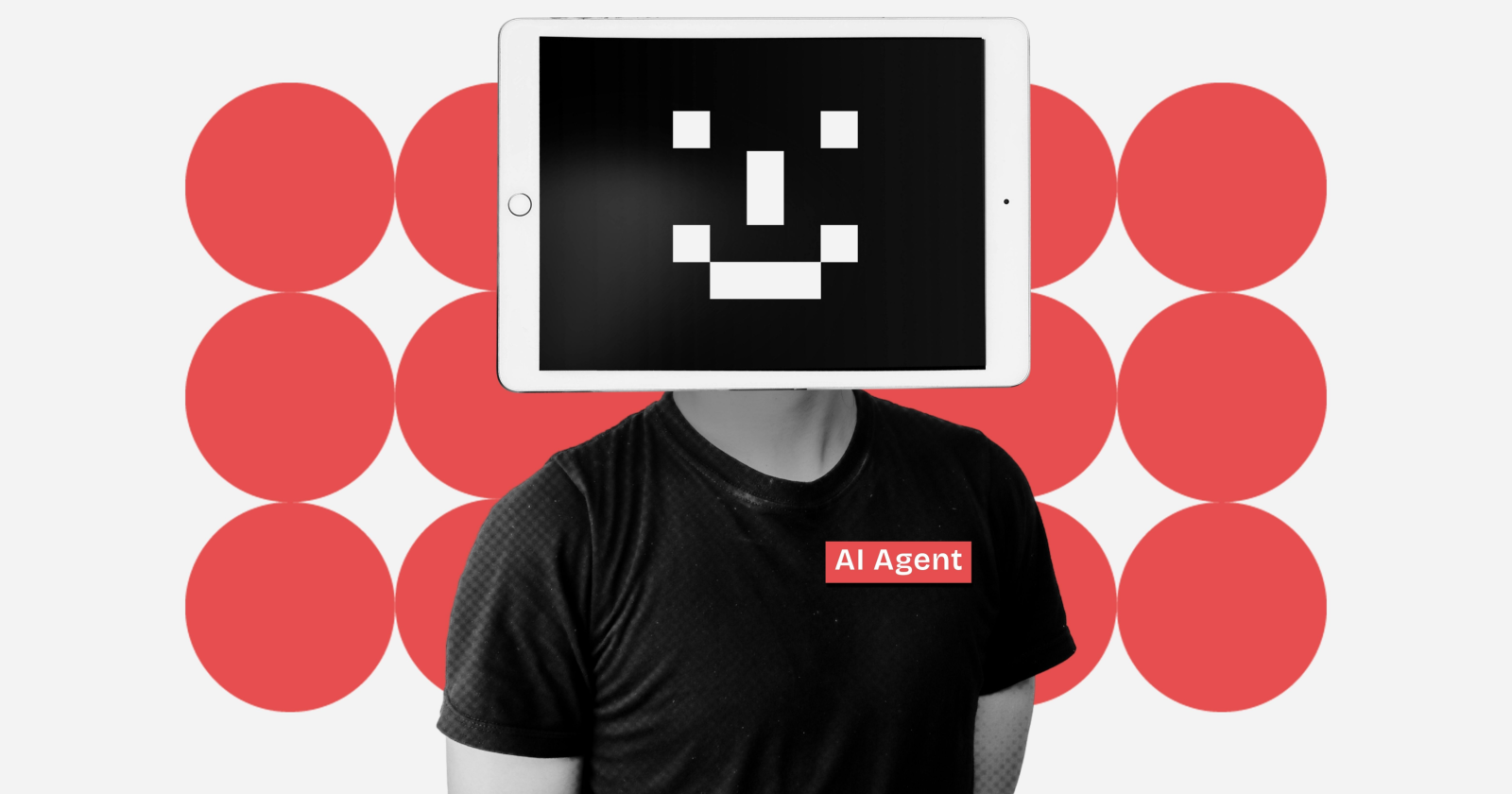AI will replace over 30,000 ad agency jobs, report says—here are the roles most at risk
New data from Forrester Research predicts smaller yet more productive agencies.

As ad agencies race to embrace AI-powered tools, they are simultaneously automating positions that will look quite different—or not exist at all—in the coming years.
Some 33,000 ad agency jobs, or roughly 7.5% of the current total agency workforce, will be lost to automation by 2030, according to a new report from Forrester Research. One-third of this loss will be the direct result of generative AI.
The automation potential of a job, which Forrester defines in terms of its being displaced by generative AI, is higher for those whose duties are more physical, routine or require following a precise set of instructions.
Related: Top 5 AI marketing activations to know about right now
The positions most at risk are clerical, secretarial and administrative roles, which are expected to account for 28% of job losses. The next most at-risk are sales jobs, which are expected to account for 22% of job losses, followed by roles relating to market research, which are expected to account for 18% of job losses. Forrester’s methodology consisted of combining proprietary data with data from the U.S. Bureau of Labor Statistics and the Occupational Information Network (O-NET).
The report comes on the heels of the industry being ravaged by layoffs stemming from macroeconomic conditions. But as automation develops, the outlook for the advertising workforce may not be as bleak as it sounds.
The loss of 33,000 jobs over the next seven years is relatively small, said Jay Pattisall, VP and principal analyst at Forrester, especially when compared to major breakdowns such as the 2008 financial crash and the pandemic. Roughly 13,000 ad agency jobs (or 6.4% of the total agency workforce) were lost at the beginning of the pandemic, between March and July 2020.
Also read: AI among issues facing ad leaders at Cannes
Automation will also be more gradual in its displacement, with the report predicting that job loss will not begin anytime in the next two years—that is, until major questions pertaining to regulation, copyright, plagiarism, ethics, bias and accuracy are answered.
The forecast throws cold water on doomsday scenarios warning that the rise of AI will completely push out the need for human workers, Pattisall said. Instead, agencies will evolve to be smaller yet more productive with employees working alongside generative AI tools.
The positions that are more likely to experience a positive, productive influence from generative AI are editors, writers and programmers. Higher-paying jobs, in particular, are expected to reap the benefits of automation without being displaced. By 2030, one-third of remaining ad agency jobs will be influenced, in some capacity, by generative AI, Pattisall said.

 MikeTyes
MikeTyes 































